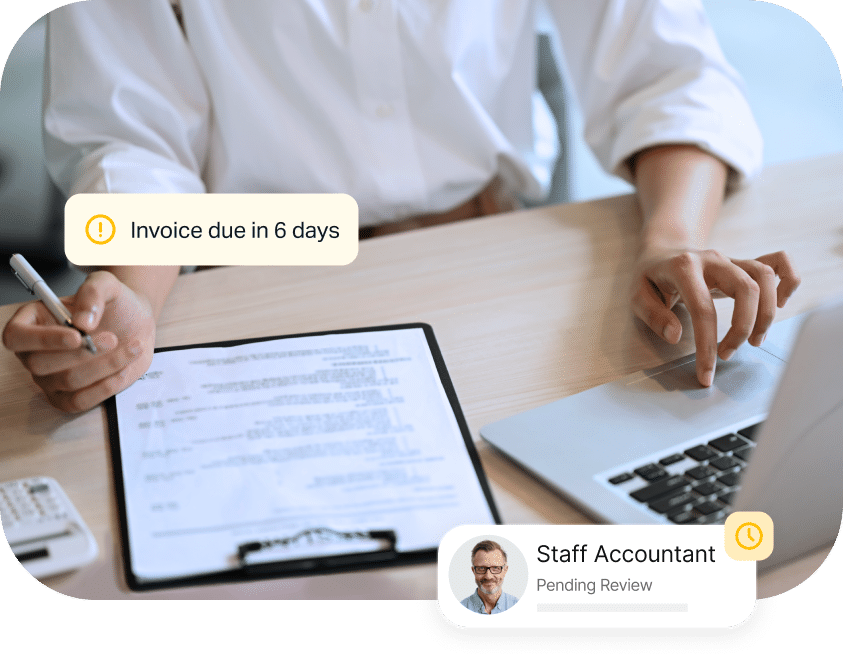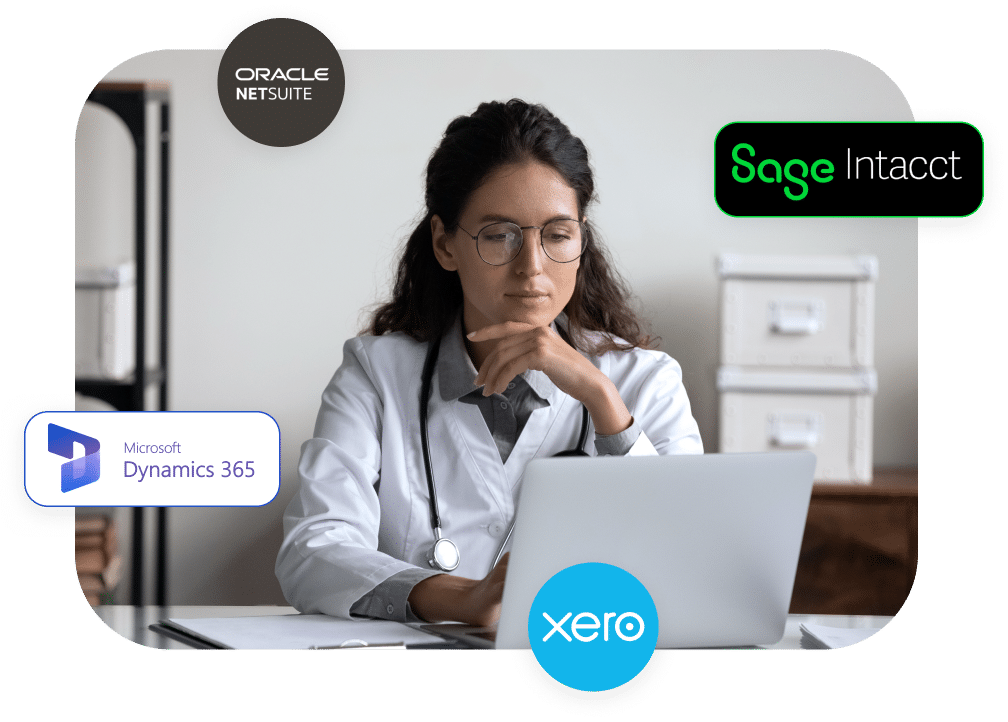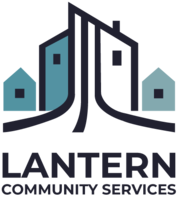Holistic Healthcare Finance Automation
Strengthen financial controls, automate AP and mass payment processes, and allocate more time to patient care with our tailored healthcare solution.
Healthcare Features
A Healthier AP Workflow
From traditional healthcare organizations to telehealth and wellness companies, our automated solutions slash AP processing time, reduce errors, and help you stay compliant.

Never Miss an Invoice
Process more invoices in less time using OCR. Our automated alerts and notifications inform stakeholders about pending approvals and due dates.
Self-Service Onboarding
A fully customizable onboarding system designed to provide a user-friendly experience that helps attract and retain doctors and suppliers.


Connect With Existing Systems
Keep your financial data more accurate and consistent by integrating with other key systems, such as ERPs from NetSuite, Sage Intacct, Microsoft, and Xero.
Pay Anyone, Anywhere
Pay suppliers in 200+ countries and territories using 120 currencies and 50+ payment methods with just a few clicks. Eliminate payment errors with 26,000+ built-in rules.


Simplified Multi-Entity Payments
Manage all your payables operations from a single system, while providing each entity its own workflows and branding.
Customer Stories
Don’t just take our word for it. See what our healthcare customers are saying
How It Works
Up and Running in Weeks, Not Months
Collaborative customer support with personalized assistance to get you operational quickly.
Step 1
Prepare
Joint planning that includes workflow reviews, requirements validation, and a sandbox environment.
Step 2
Implement
Website integration, portal setup, configurations, and integrations with ERP and email systems.
Step 3
Train
Learn about the Tipalti Hub, finance functions, and supplier onboarding and experience.
Step 4
Launch
Adoption and change management support and help fund your account, prepare payment files, and execute payments.
Step 5
Optimize
Continued technical support by phone and email. Our customer success team learns your goals and offers solutions to reach them.
Integrations
Pre-Built ERP Connections to Extend Automated Workflows
Products
Everything you need to control spend
Tipalti’s connected finance automation suite ensures you get the visibility and control you need across accounts payable, global payments, and procurement to run your business more efficiently and drive growth.
Ready to save time and money?
Request a demo today and take control of your finance operations.
Healthcare Payment Solutions FAQs
What is healthcare accounts payable automation?
Healthcare accounts payable automation refers to tools and technology that streamline accounts payable (AP) processes within a healthcare organization (like a hospital, clinic, or medical practice).
Healthcare AP systems reduce manual intervention, minimize errors, enhance financial controls, and strengthen patient care. Key aspects include:
- Payment automation: Facilitates electronic payment methods like Automated Clearing House (ACH), wire transfers, and virtual credit cards to optimize cash flow.
- Automated invoice processing: Invoice data capture, data extraction with optical character recognition (OCR), and validation of invoice data against purchase orders and contracts.
- Workflow automation: Approval process and workflows with predefined rules, automatic notifications, and alerts to stakeholders.
- Compliance and security: Enterprise-grade security embedded in the Tipalti platform that ensures compliance with privacy regulations such as GDPR and CCPA. SOC 1 and SOC 2 Type II certified, with built-in controls, audit trails, role-based views, and signatory rights for all transactions to protect sensitive information. Speak with your Tipalti contact to understand more about our privacy protections.
- Analytics and reporting: Detailed financial reports, including AP aging, payment forecasts, and spend analysis.
A healthcare AP automation solution will also integrate with existing ERPs and procurement systems, providing real-time synchronization and updates of financial data across various medical platforms.
Why trust Tipalti as your healthcare accounts payable solution?
Tipalti is an advanced AP automation solution that offers several features tailored to the needs of the healthcare industry.
Comprehensive Automation
Tipalti offers end-to-end automation for the entire AP process, from execution to payment processing and reconciliation. Advanced OCR captures accurate invoice data, allowing a business to process invoices quickly and efficiently. It eliminates manual data entry and the use of paper invoices and paper checks.
Compliance and Risk Management
The Tipalti solution ensures compliance within the healthcare industry, including data privacy and security requirements. Systems like this are crucial for protecting sensitive financial and patient data. Tipalti also includes features to detect and prevent fraud, such as vendor verification and audit trails.
Global Capabilities
For healthcare organizations with international suppliers and partners, Tipalti is a great option. It offers multi-currency and multi-payment methods, including ACH, wire transfers, and virtual cards. It also helps healthcare companies manage global tax compliance by automating form collection and validation.
Seamless Integrations
Tipalti seamlessly integrates with leading enterprise resource planning (ERP) systems and can be easily connected to electronic health record (EHR) platforms. It ensures an efficient and unified workflow across all clinical and financial operations and offers robust application programming interface (API) access for custom integrations.
Additional Benefits
- Enhanced visibility and control with comprehensive reporting and custom dashboards
- Built to scale with your organization, making it suitable for healthcare providers of all sizes, from small clinics to large hospitals
- Dedicated customer support to assist with implementation, troubleshooting, and ongoing management of the AP system
How can healthcare organizations benefit from accounts payable automation?
Healthcare organizations can significantly benefit from AP automation in numerous ways. Here are some of the key benefits:
- Increased efficiency: Reduces manual processes and inefficiencies, speeding up invoice processing and payment cycles.
- Improved accuracy: Automated validation and verification processes enhance data accuracy and consistency.
- Cost savings: Minimizes errors and discrepancies, reducing the fees associated with late payments, penalties, and processing costs for manual payments.
- Better vendor relationships: Leads to timely payments and offers self-service portals to empower suppliers.
- Greater compliance: Ensures adherence to regulatory requirements and internal policies, reducing non-compliance risk.
- Enhanced visibility: Provides real-time visibility into financial transactions, improving financial planning and cash flow management.
By leveraging AP automation tools, healthcare providers and AP teams streamline time-consuming financial operations, reduce administrative burdens, and better focus their resources on delivering quality patient care.
How can AP automation improve invoice processing in hospitals?
Healthcare accounts payable automation significantly improves invoice processing efficiency, using some of these functions:
- Automated invoice processing: This speeds up the invoice process with OCR, data capture, and machine learning (ML) algorithms that extract essential information. It also reduces manual data entry and creates a paperless process.
- Streamlined invoice approval: Accounting software routes invoices through predefined approval workflows based on rules and thresholds, ensuring invoices are promptly sent to the right person for review with less time wasted.
- Real-time tracking and visibility: Immediate tracking of invoice statuses allows staff to monitor invoice progress through the processing cycle, helping to identify and resolve bottlenecks quickly.
- Efficient payment processing: Automation facilitates electronic payments like EFT, ACH, wire transfers, and virtual credit cards. Scheduling ensures timely payments, optimizes cash flow, reduces administrative burden, and adds to your bottom line.
Additional Factors
- Reduced errors and improved accuracy
- Data-driven insights and advanced reporting
- Real-time sync with existing ERP systems like SAP or Oracle
How does AP automation improve supplier relationships in healthcare?
AP automation software can significantly enhance supplier relationships in healthcare by improving communication, removing paper-based processes, streamlining invoice management, and strengthening the supply chain.
Here are some key ways in which AP automation enhances business relationships:
Scheduled On-Time Payments
AP Automation systems help a business schedule payments to ensure they’re made on time. This builds trust and reliability with suppliers, and forges stronger relationships.
Increased Transparency and Accuracy
Self-service portals enable access real-time updates on the status of supplier invoices and payments. This form of transparency reduces uncertainty, increases accuracy, and fosters a sense of partnership.
All-Around Cost Savings
Minimizing manual errors will reduce costs, leading to savings that can be passed on to suppliers in the form of discounts and better terms. Timely payments also help to avoid late fees and penalties, which also strain supplier relationships.
Improved Efficiency with Faster Resolutions
Automation eliminates manual processes, reducing the time and effort needed to manage supplier payments. This enables AP teams to focus on more strategic activities.
These solutions can also identify and resolve discrepancies, leading to faster dispute resolution and improved supplier satisfaction.
Can I connect AP to my EMR/EHR?
Yes, you can connect AP systems to electronic medical records (EMR) or EHR systems, allowing you to streamline financial workflows and increase efficiency, data accuracy, and financial management.
How can you connect AP to EHR/EMR systems?
- Use middleware: This will facilitate communication between two different systems.
- API integration: Modern systems typically have APIs that enable real-time integration.
- Custom integration: These solutions can be developed to meet specific business needs.
- ERP solutions: Some ERP solutions provide healthcare management and AP modules.
- Data import: Import/export functions can be used if integration is inaccessible.
Recommendations









